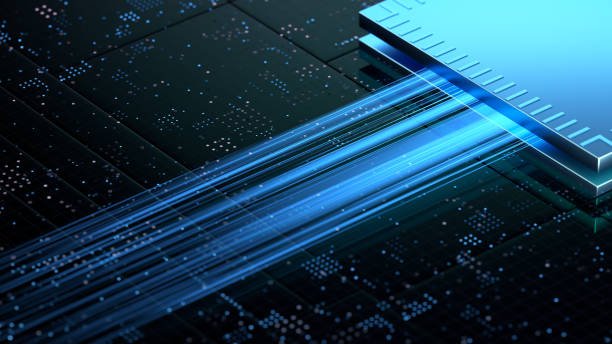Here are some functions of SSD:
- Storing and accessing data: Like any storage device, an SSD can be used to store and access data on a computer or other device.
- Improving performance: SSDs are faster and more efficient than HDDs, so using an SSD can significantly improve the performance of a device.
- Saving energy: SSDs use less power than HDDs, so they can help extend the battery life of a laptop or other portable device.
- Being more durable: SSDs are more durable than HDDs because they have no moving parts, so they are less prone to physical damage.
- Running multiple operating systems: An SSD can install multiple operating systems on a device, allowing you to switch between them as needed.
- Improving security: Some portable SSDs come with built-in security features, such as encryption and secure erase, which can help protect your data from unauthorized access.
- Serving as a boot drive: An SSD can be used as the boot drive for a computer, which can significantly improve the startup time and overall performance of the system.
- Using as external storage: SSDs can be used as external storage devices, allowing you to easily transfer data between devices and take it with you wherever you go.
- Improving the user experience: Using an SSD can improve the overall user experience by reducing the time it takes to access and transfer data, and by increasing the speed and reliability of the system.

Main functions of the SSD
Boost Speed
When it comes to speed, an SSD hard drive outperforms a traditional Hard Disk Drive by a wide margin. A regular hard disk takes longer time to read and write data than an SSD.
On my PC, for instance, the traditional hard disk drive took roughly 30 to 45 seconds for booting, whereas the SSD only needed under 10 seconds. The SSD doesn’t require spinning to read or write data, whereas a traditional hard drive does.
Capacity
Solid State Drives are a relatively recent technology that is more used in laptops, desktops, and computing devices in terms of capacity. They outperform conventional hard drives in several ways, including faster read and write speed, reduced noise, and longer lifespan.
People frequently inquire about SSDs and the amount of data they can hold about 128GB of data can be stored on an SSD with 128GB of storage. The data will, however, use up less space on the SSD if it is compressed.
The data will occupy more space on the SSD if it is uncompressed, on the other hand. The file formats also have an impact on how much data can be saved on an SSD. For instance, a high-definition video file requires more space than a Word document.
Reliability
The reliability of an SSDs refers to its ability to store and access data without experiencing errors or failures. SSDs are generally more reliable than traditional hard disk drives (HDDs) because they have no moving parts, which reduces the risk of mechanical failures.
There are several factors that can affect the reliability of an SSD:
- Type of memory: The Type of memory used in SSDs, such as SLC, MLC, or TLC, can affect its reliability. SLC memory is generally more reliable than MLC or TLC memory because it can withstand more write cycles.
- Quality of components: The quality of the components used in an SSD, such as the flash memory chips and the controller, can affect its reliability. High-quality parts are generally more reliable than low-quality components.
- Firmware: The firmware of an SSD can affect its reliability, as newer firmware versions may include improvements and fixes that improve the performance and stability of the drive.
- Overprovisioning: Some SSDs come with extra capacity reserved for use by the drive’s firmware and other internal processes. This excess capacity, known as overprovisioning, can improve the reliability of the SSD by providing additional space for data storage and allowing the driver to perform certain tasks more efficiently.
- Environmental conditions: The environmental conditions in which the SSD is used, such as temperature and humidity, can affect its reliability. SSDs are generally more reliable in cooler, dry environments.
- Wear and tear: Like any electronic device, SSDs can experience wear and tear over time, which can affect their reliability. Properly using and caring for an SSD can help extend its lifespan and improve its reliability.
Considering these factors, you can choose a reliable SSD that meets your needs.
